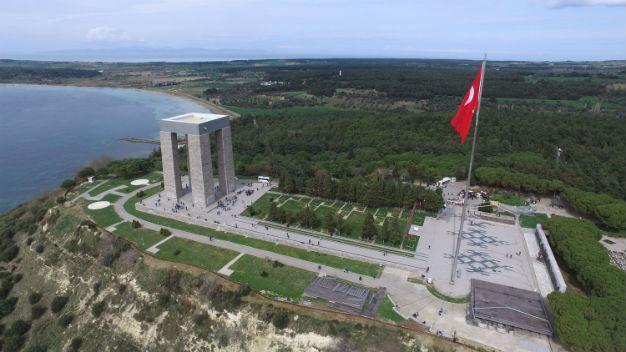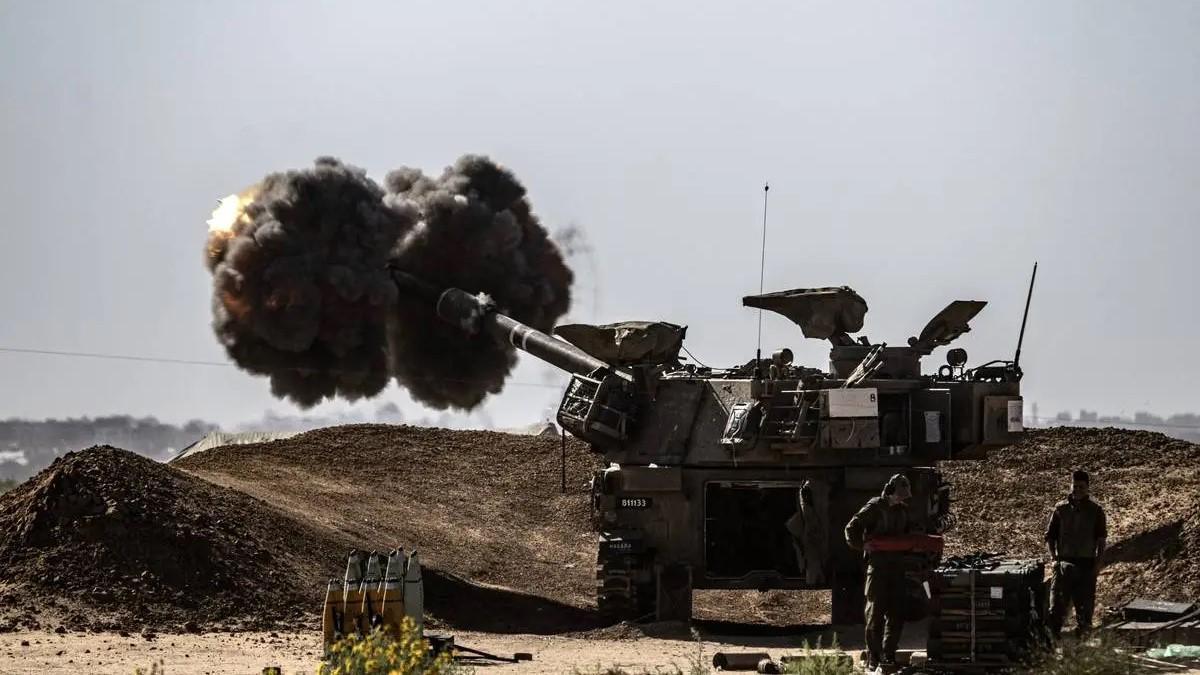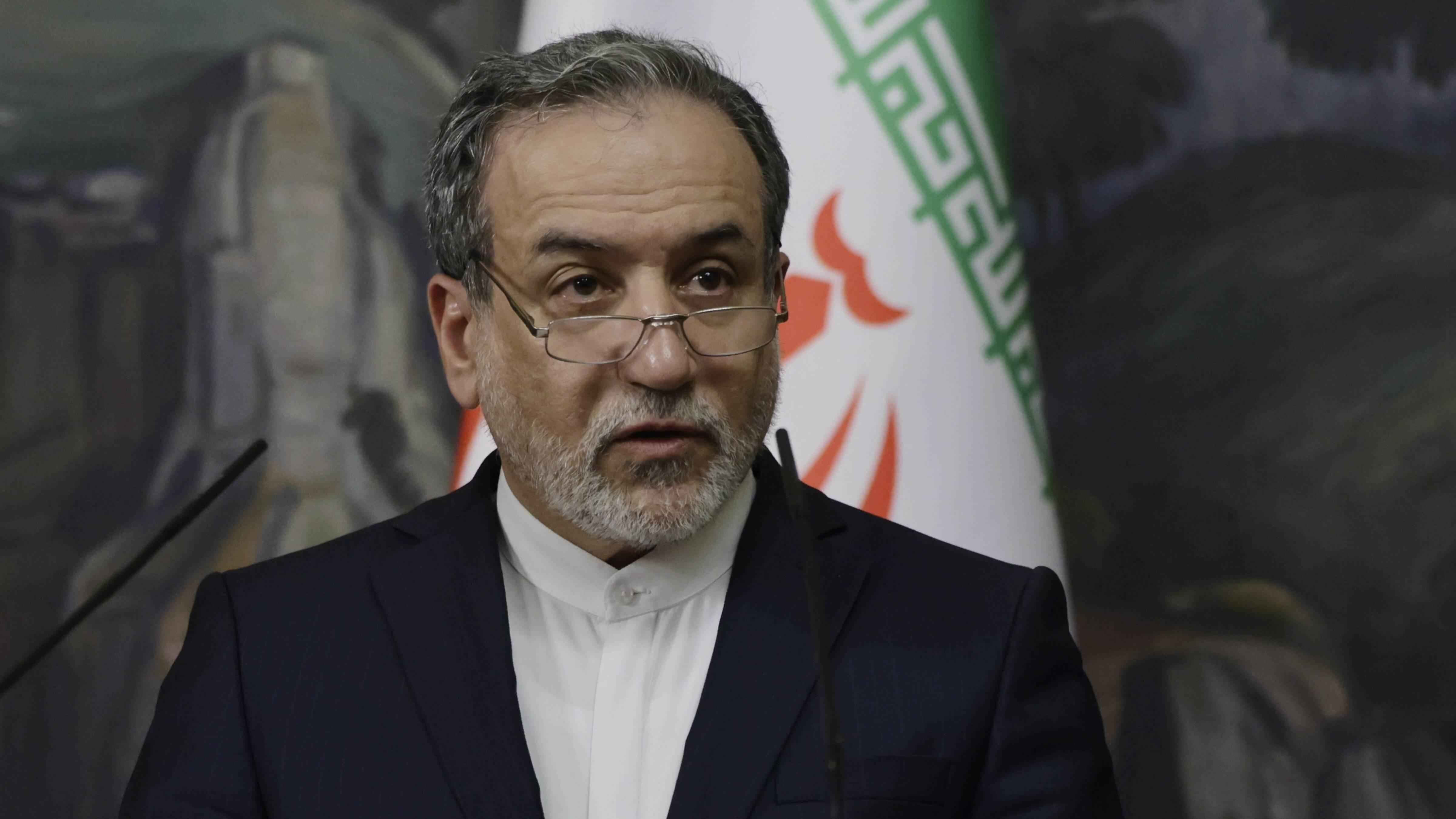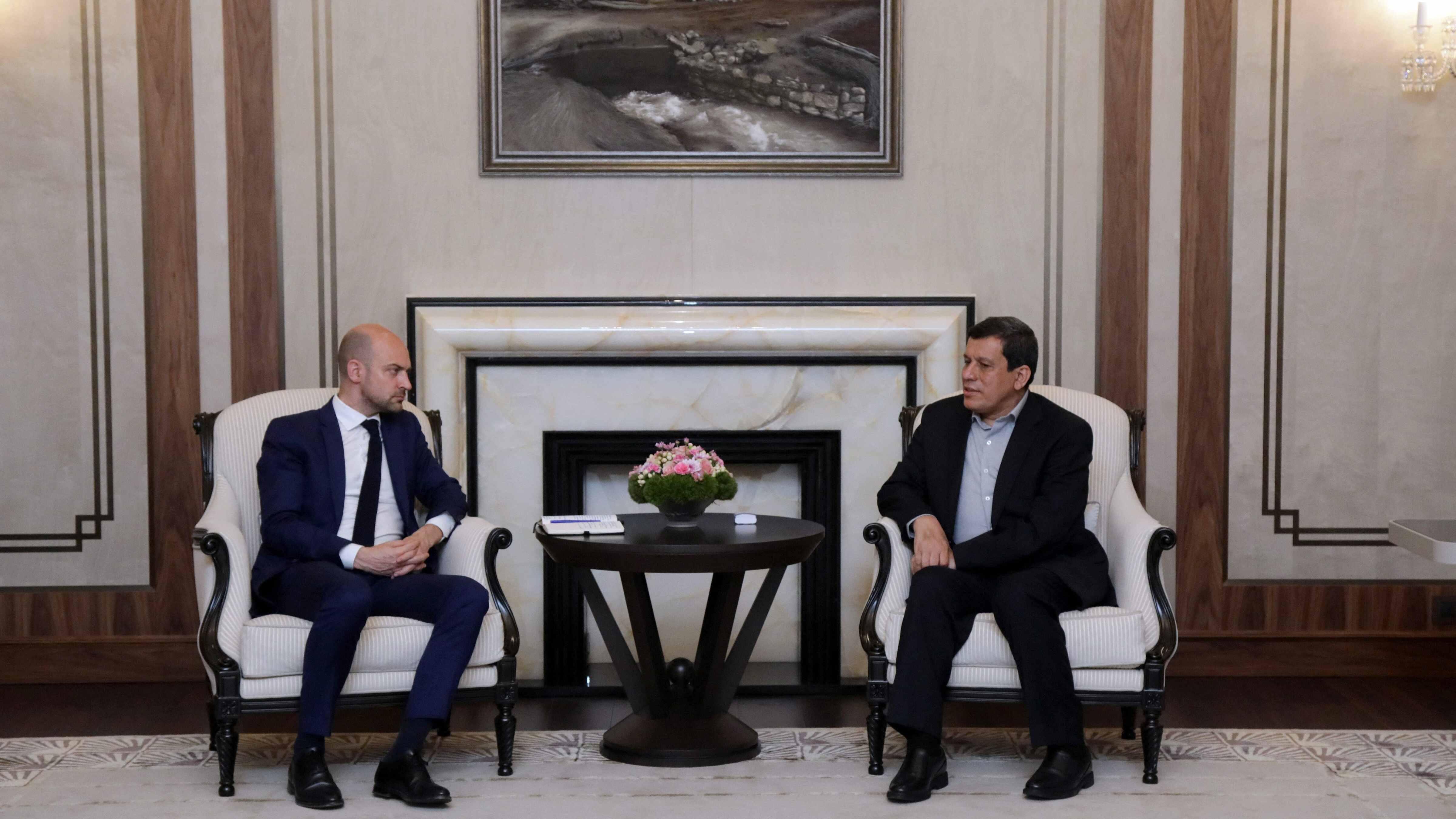Gallipoli victory marked on 101th anniversary
ÇANAKKALE

DHA photo
Turkey commemorated its fallen on March 18 on the 101th anniversary of the Ottomans’ World War I victory over Allied fleets attempting to break through the Strait of Dardanelles in the northwestern province of Çanakkale.“We, as a nation, never fear or shy from battle no matter who or how powerful they [our enemies] are. ... No one can prevent us from writing a new epic as long as we protect our solidarity and brotherhood,” President Recep Tayyip Erdogan told members of the audience at the official Martyrs’ Day ceremony held in Çanakkale, referring to the fight against recent terror attacks in Turkey.
Erdoğan praised the sacrifices of thousands of soldiers killed while preventing the Allied fleets from passing through the Dardenelles en route to Istanbul.
“Could we have sacrificed Istanbul, could we have given it away?” said the president. “That is why Çanakkale is impassable; they could not get through Çanakkale.”
Nationalist Movement Party (MHP) leader Devlet Bahçeli released a written statement to mark the day.
“A century ago, invasion trenches dug right in front of our horizon were covered with the blood of our martyrs; Western projects were drowned in the spirituality of Çanakkale,” said Bahçeli, in a reference to the trenches dug by the outlawed Kurdistan Workers’ Party (PKK) militants in some southeastern districts.
“The puppets of imperialist murderers today once again think that they will get results by trenches, by killing the sons of this land. Our beloved nation, integrated with its state, will not permit the lobby of destruction, the armed human wastes deployed in towns [to succeed],” he said.
Many citizens, troops, combat veterans, government and opposition officials also flocked to memorials and cemeteries across Turkey to mark the day.
Fierce battle on the Dardenelles
The Allies in World War I attempted a naval breakthrough in March 1915 through the Dardanelles with the aim of capturing the Ottoman capital of Istanbul and securing a much-needed sea route to Russia. After a number of British and French capital ships were either sunk or damaged, however, the Allies were forced to abandon the naval campaign.
The Ottomans’ initial naval victory in March was soon followed by an amphibious landing on the peninsula. Better known in the West as the “Gallipoli Campaign,” the ensuing land warfare lasted from April 1915 to January 1916 and ended with the Allies’ complete withdrawal from the area.
The Gallipoli battle also marked the rise of Atatürk, as he served there as an officer. Around 1 million troops, including many Australians and New Zealanders, participated in the trench warfare in Gallipoli, which is regarded as a defining moment in the history of the Turkish people, as well as part of the foundations of a sense of national identity for Australia and New Zealand.
















